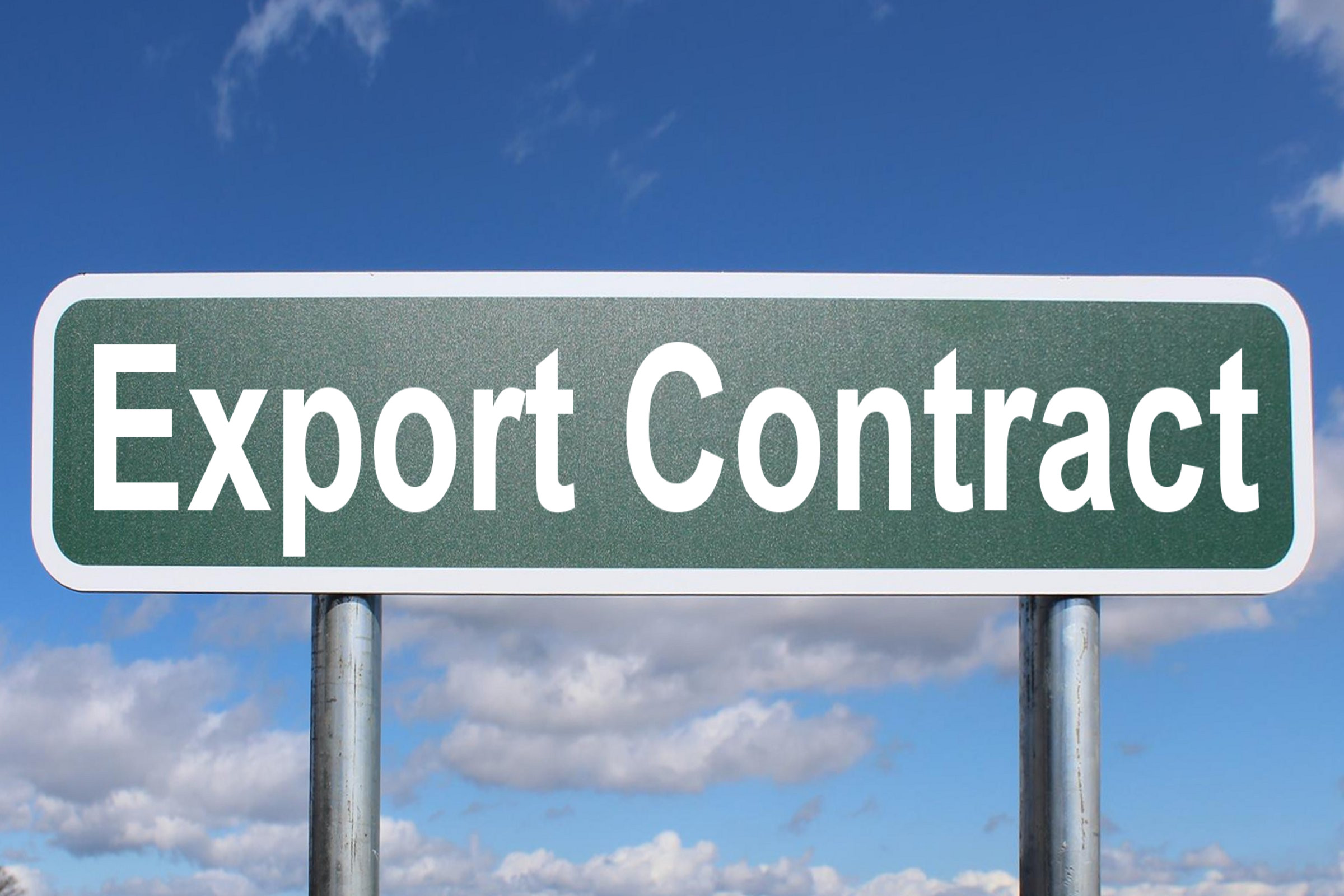In the world of international trade, trade disputes can disrupt operations, damage business relationships, and have severe financial implications. Trade disputes may arise from various factors, including contract misunderstandings, fluctuating regulations, or unfair trade practices. Navigating these challenges effectively requires proactive strategies to minimize risks, safeguard relationships, and ensure business continuity.
In this guide, we’ll explore essential methods to protect your business from trade disputes, emphasizing preventive measures and actionable solutions to handle conflicts when they do occur.
1. Understand Trade Disputes and Their Causes
Before implementing protection strategies, it’s crucial to understand what trade disputes are and why they occur. Trade disputes often arise from:
- Contract Breaches: Failure by one party to uphold terms agreed upon in a contract.
- Customs and Tariffs Issues: Conflicts resulting from unexpected or miscalculated import duties.
- Quality and Delivery Discrepancies: Disputes over product quality or delivery delays.
- Regulatory Compliance Issues: Changes in regulations that complicate trade agreements.
By understanding the common causes of trade disputes, businesses can develop targeted strategies to reduce the likelihood of such conflicts.
2. Draft Clear and Comprehensive Contracts
A well-drafted contract is the foundation of any successful trade relationship. Contracts should be specific, detailed, and written with a mutual understanding of terms. Avoid vague language, and be sure to define all key aspects.
Key Elements to Include in Contracts:
- Product Specifications: Clearly outline product quality, standards, and specifications.
- Payment Terms: Define payment schedules, methods, and penalties for late payments.
- Delivery Timeline: Establish clear timelines for delivery, including potential delays.
- Dispute Resolution Clause: Include a dispute resolution method, such as arbitration or mediation, to handle conflicts.

3. Perform Due Diligence on Trade Partners
Knowing who you’re doing business with can reduce risks significantly. Conduct thorough due diligence to ensure potential partners have a strong reputation, financial stability, and experience in your industry.
Due Diligence Checklist:
- Financial Health: Request financial statements or credit reports to assess stability.
- Industry Reputation: Seek references or feedback from other clients.
- Legal Standing: Check if the partner has been involved in past legal issues or trade disputes.
- Compliance History: Ensure they comply with relevant trade regulations and standards.
4. Stay Updated on Trade Regulations
Trade regulations can shift frequently, impacting tariffs, product standards, and import/export procedures. Stay informed on regulatory changes in the countries where you operate to ensure compliance.
Tips to Stay Informed:
- Subscribe to Trade Publications: Follow industry newsletters and updates.
- Attend Regulatory Webinars: Participate in webinars that cover trade compliance.
- Consult Legal Experts: Work with trade attorneys who can alert you to upcoming changes.
- Utilize Government Resources: Many governments provide regular updates on trade regulations affecting specific markets.
5. Consider Trade Credit Insurance
Trade credit insurance protects your business from non-payment due to customer bankruptcy or financial issues. By securing trade credit insurance, you can protect cash flow and reduce the risk of disputes over unpaid invoices.
Benefits of Trade Credit Insurance:
- Risk Reduction: Mitigates the impact of non-payment on your business.
- Enhanced Confidence: Allows you to pursue new customers without fear of payment defaults.
- Strengthened Cash Flow: Ensures consistent cash flow even if payment issues arise.
6. Establish Strong Communication with Partners
Regular and open communication with trade partners can prevent misunderstandings and build trust. Set up frequent check-ins to ensure both parties are aligned on contract terms and project expectations.
Communication Strategies:
- Regular Meetings: Schedule periodic calls or video meetings to discuss ongoing projects.
- Clear Documentation: Keep all correspondence well-documented for future reference.
- Transparency: Be open about challenges or delays to build trust and find solutions together.

7. Utilize a Dispute Resolution Mechanism
Despite best efforts, disputes may still occur. Having a dispute resolution mechanism in place allows for a fair and efficient resolution process without litigation, which can be costly and time-consuming.
Common Dispute Resolution Methods:
- Arbitration: A neutral third party makes a binding decision on the dispute.
- Mediation: A mediator facilitates discussion and helps reach a mutually agreeable solution.
- Conciliation: Similar to mediation, but with a greater focus on preserving the business relationship.
8. Document Everything
Detailed documentation of trade transactions, agreements, and communications is essential for resolving potential disputes. Well-organized records can support your case if a disagreement arises, providing evidence for negotiations or legal proceedings.
Important Records to Keep:
- Contracts and Amendments: Maintain copies of all contracts and any modifications.
- Emails and Correspondence: Keep a record of all emails, messages, and communications with partners.
- Shipping and Delivery Documents: Document shipping, delivery times, and any discrepancies in shipments.
- Payment Records: Maintain thorough records of all invoices, receipts, and payment confirmations.
9. Invest in Legal Assistance
Having a legal team or consultant with expertise in international trade can help navigate complex trade laws, protect your interests, and address any issues that arise. Trade lawyers can assist in contract drafting, regulatory compliance, and dispute resolution.
Benefits of Legal Assistance:
- Guidance on Regulations: Lawyers can interpret complex trade laws and advise on compliance.
- Contractual Protection: Ensure contracts are airtight and beneficial.
- Professional Representation: In case of a dispute, legal representation can be critical.
10. Be Prepared for Currency Fluctuations
Currency fluctuations can lead to payment issues and disputes. Work with trade partners to set terms that address currency risks, such as hedging or setting exchange rate protections.
How to Manage Currency Risk:
- Set Fixed Rates: Negotiate fixed rates for transactions over a certain period.
- Currency Hedging: Protect against currency changes through financial instruments.
- Currency Clauses: Include clauses in contracts to adjust for significant currency shifts.
Conclusion
Protecting your business from trade disputes requires a proactive, multifaceted approach. From drafting robust contracts to maintaining clear communication, conducting due diligence, and securing insurance, these strategies collectively build a resilient foundation for your import-export operations. By staying vigilant and prepared, you can safeguard your business against potential trade disruptions and foster smoother, more successful international partnerships. Following these best practices will not only help prevent conflicts but also strengthen your reputation and trustworthiness in the global market.
